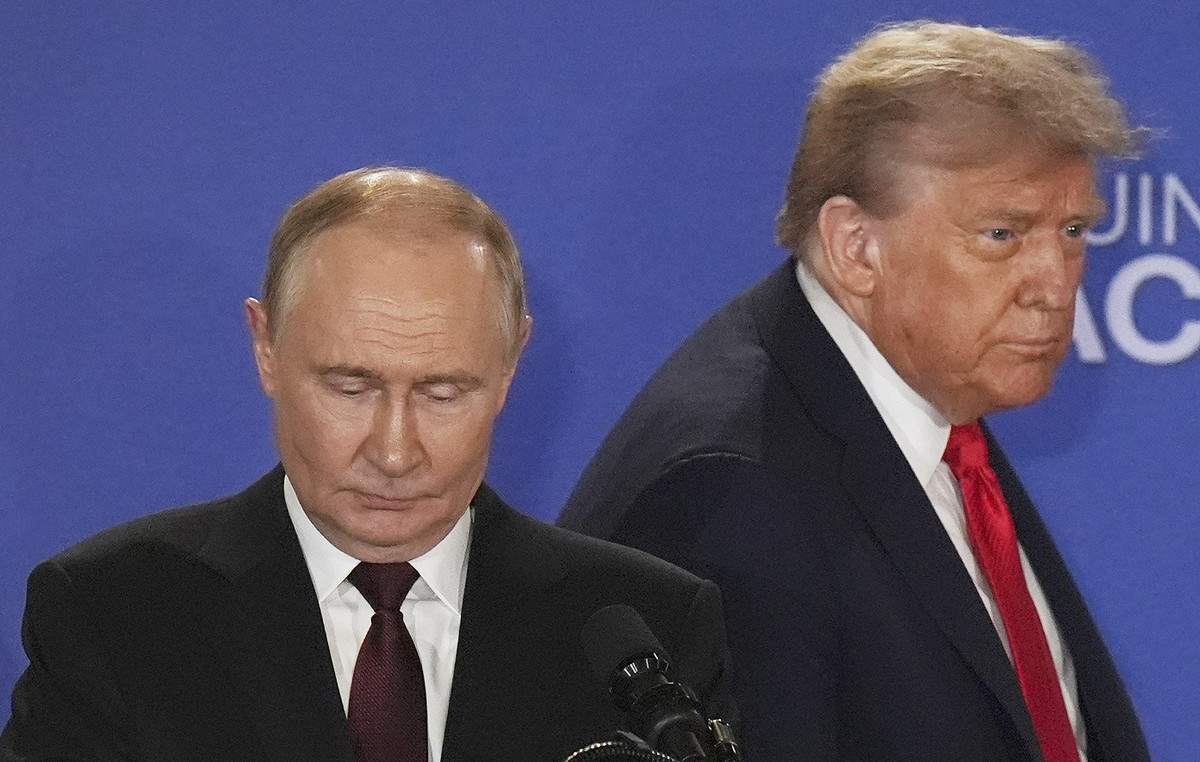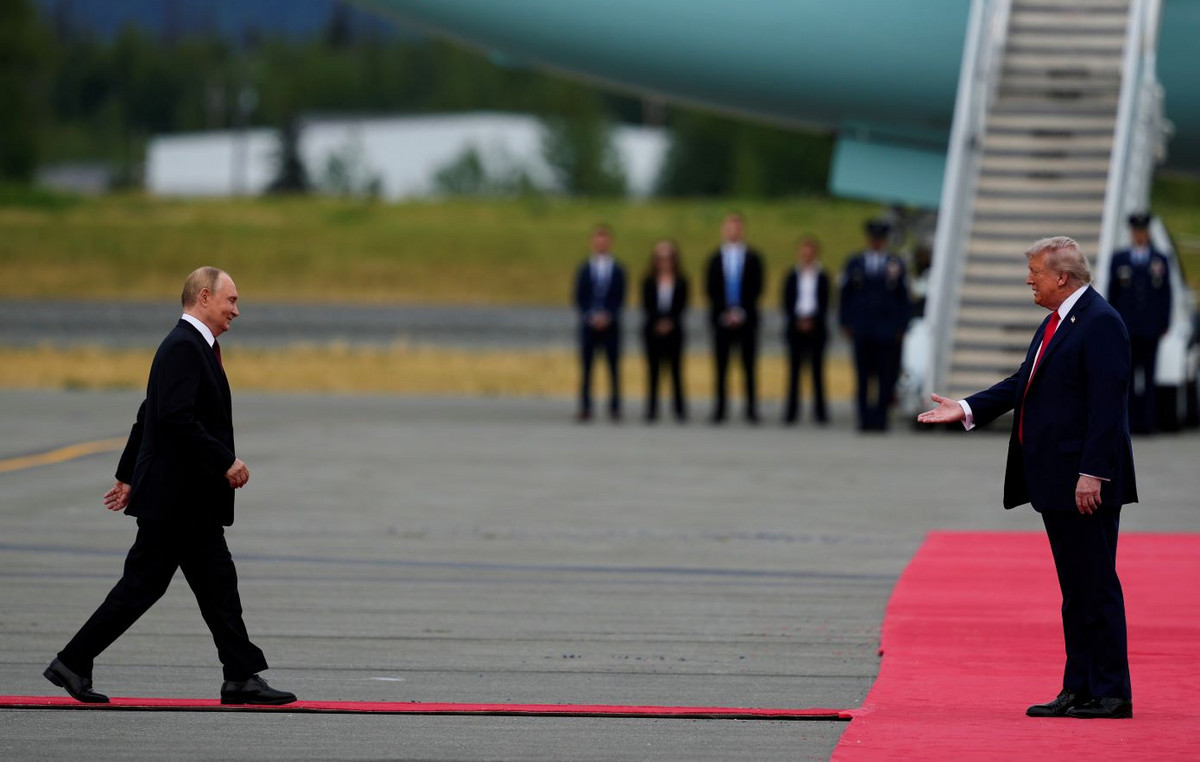Oil futures contracts closed lower on Monday (14). The move already occurred earlier in the day, amid diplomatic efforts to end the war between Russia and Ukraine, and was accentuated after the International Energy Agency (IEA) requested that producing countries release more barrels in order to contain prices.
In addition, difficulties in negotiations with Iran were in focus.
WTI crude for April closed down 5.78% (-$6.32) at $103.01 a barrel on the New York Mercantile Exchange (Nymex), and Brent for May fell 5.12% (-US$ 5.77), at US$ 106.90 a barrel, on the Intercontinental Exchange (ICE).
Adviser to the Ukrainian presidency, Mykhailo Podolyak said that there have been daily video conversations with Russian officials. Ukrainian President Volodymyr Zelensky said he was willing to meet with Russian Vladimir Putin, but after an eventual ceasefire.
Rystad Energy says oil prices reflect positive expectations about the negotiations. At the same time, the consultancy notes that Russia has intensified its offensive in recent days and says that positive results “are far from guaranteed”.
The prospect of a breakdown in these talks “continues to pose a substantial upside risk for oil and gas prices,” she warns.
In addition to the prospect that the dialogue will continue, the contracts began to decline further after the executive director of the IEA, Fatih Birol, asked producing countries to expand the offer. He said the IEA could release even more oil, on top of the 62 million barrels already announced, if conditions “maintain or worsen”.
Eurasia says that, after recent strong moves, oil prices appear to be more stabilized, with Brent hovering around $110 a barrel. The consultancy, however, considers that there is room for new jumps in oil, if Russia is the target of more sanctions from the United States and Europe.
Also according to Eurasia, the reluctance of the Organization of the Petroleum Exporting Countries (OPEC) to increase production further implies a risk, as this can be interpreted as a pro-Russia position, in the current context. Russia is part of the alliance between OPEC and some allies, OPEC+.
Still in the news, the difficulties in negotiations with Iran remain in focus. Talks were stalled at the end of last week after demands from Russia.
The US says it does not intend to give up on some points to Moscow in exchange for the pact with Tehran. Commerzbank says that whether or not to resume dialogue in the coming days will depend on the reaction of the Russian government to the position of other countries, especially Washington. If the agreement is concluded, Tehran will be able to increase its exports.
TD Securities also says that episodes of violence in the Middle East reinforce geopolitical fears. For now, sector operators have also been on the lookout for signs that the United Arab Emirates have suggested that the Persian Gulf could increase production, although the country’s energy minister soon dropped the message, according to TD, which also cites the situation in the war on Ukrainian soil, in negotiations with Iran and the chance for the US to ease sanctions against Venezuela as important focuses of the market at this time.
Source: CNN Brasil
I am Sophia william, author of World Stock Market. I have a degree in journalism from the University of Missouri and I have worked as a reporter for several news websites. I have a passion for writing and informing people about the latest news and events happening in the world. I strive to be accurate and unbiased in my reporting, and I hope to provide readers with valuable information that they can use to make informed decisions.







